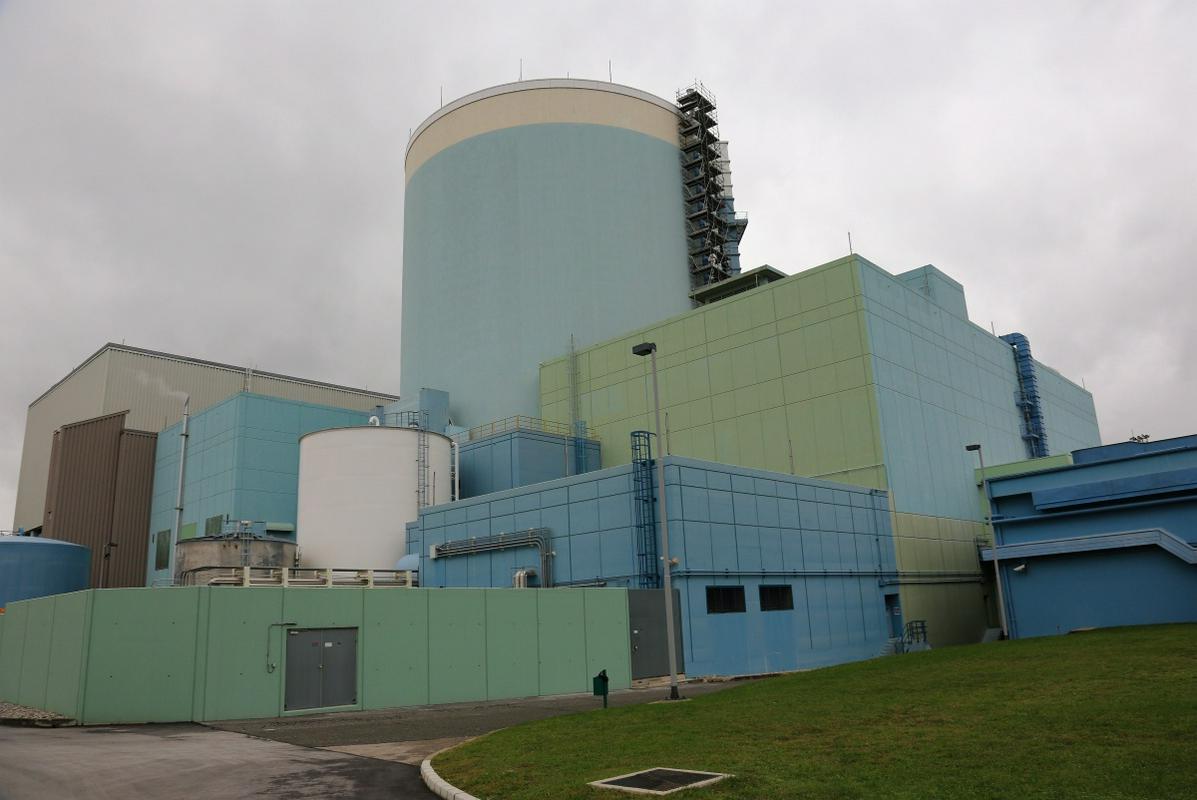It was confirmed by the Croatian State Institute for Radiological and Nuclear Safety that four locations for a repository of nuclear waste were being considered, which upset the public. The main reason for the decision was their expectation that a separate Croatian repository would be cheaper than a common one, shared with Slovenia.
The waste from the Nuclear power plant Krško is for now stored within the power plant. Slovenia intends to make a repository of low-level and medium level radioactive waste (LILW) in Vrbina near Krško, where the waste from all the small producers from Slovenia would be deposited, along with one half of the waste from the Nuclear power plant Krško, a part of which Slovenia must see to.
LILW project has been conceived in such a manner that it could accept the Croatian part of the waste as well, in case the two countries can agree on it in compliance with the transnational agreement. This would considerably reduce the price of the disposal for both parties. But obviously Croatia has other intentions.
One repository would be a more reasonable solution
And how would the Croatian decision to build their own repository of radioactive waste influence the fate of the common repository in Vrbina? The Agency for Radwaste Management (ARAO) claims that the transnational agreement between Slovenia and Croatia binds both countries to find a common solution for depositing radioactive waste and spent fuel.
The answer should be found before 2023, and only when both countries establish that a common solution is not possible, they should start looking for separate solutions. "ARAO is convinced that considering the extent of the nuclear programme (one nuclear power plant owned by both countries) the common repository for radioactive waste for both countries is a safer and cheaper solution" is the ARAO position.
Gregor Cerar, MMC
Translated by G. K.


































































